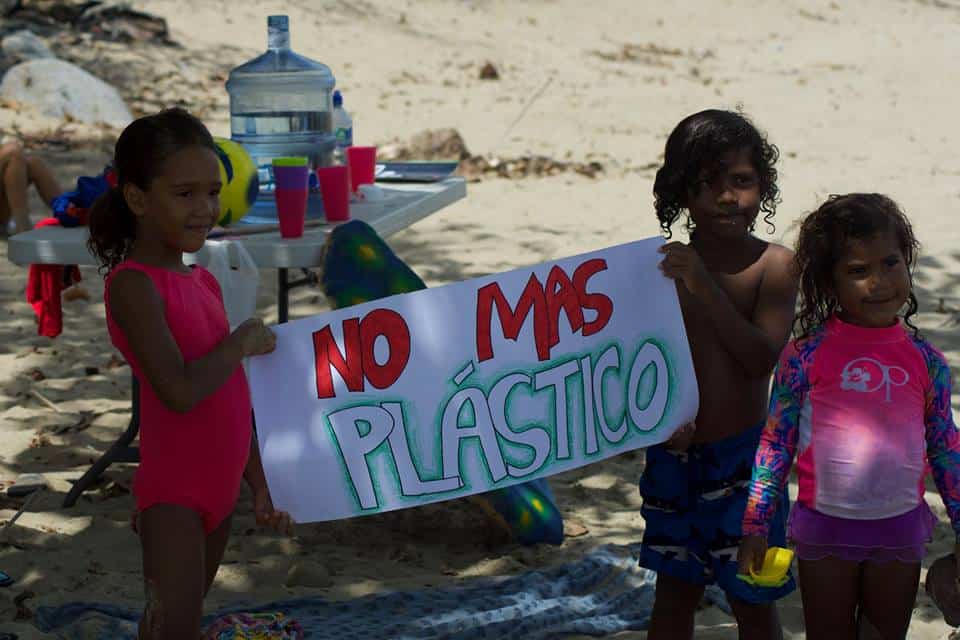Costa Rica participated in the second Intergovernmental Negotiating Committee (INC-2) session regarding a legally binding international instrument to end plastic pollution.
Its objective is to implement global actions that comprehensively address the environmental and health problems caused by plastic pollution.
The Costa Rican delegation was led by officials from the Ministry of Foreign Affairs, Roxana Tinoco, from the Department of Sustainable Development and Environment of the Directorate General of Foreign Policy, and the Ambassador to Kenya, Giovanna Valverde.
The meeting, held in France, was attended by almost 2,000 people, including government officials, delegates from several organizations, private companies, scientists, academics, and workers.
This session focused on discussing possible provisions to be contained in the treaty in terms of basic obligations, control measures, and complementary actions.
In addition, progress was made on policies and actions needed in terms of financial, technological, and support to implement the treaty effectively.
Likewise, aspects such as the importance of research and development, cooperation, awareness, and the involvement of all state and non-state actors were also addressed.
“Costa Rica reiterated the need for the instrument to be endowed with robust financing, including measures for the progressive elimination of single-use plastics whenever possible, the identification of substances and additives in plastics that should be eliminated and controlled, and the development of alternative and substitute materials,” the Ministry of Foreign Affairs mentioned.
Costa Rica also highlighted the need for new plastic and product designs that guarantee the possibility of recycling and strengthening integrated waste management within a circular economy framework.
Costa Rica is part of the High Ambition Coalition to End Plastic Pollution, a group of more than 55 countries advocating for a truly effective global treaty that sets common international standards to end plastic pollution by 2040.
As a promoter of multilateralism and environmental diplomacy, the country coordinated the work of the Latin American and Caribbean Group during the first half of 2023.
These actions ratify Costa Rica’s commitment to the environment and the urgent need to reach agreements that protect it and guarantee its conservation.






